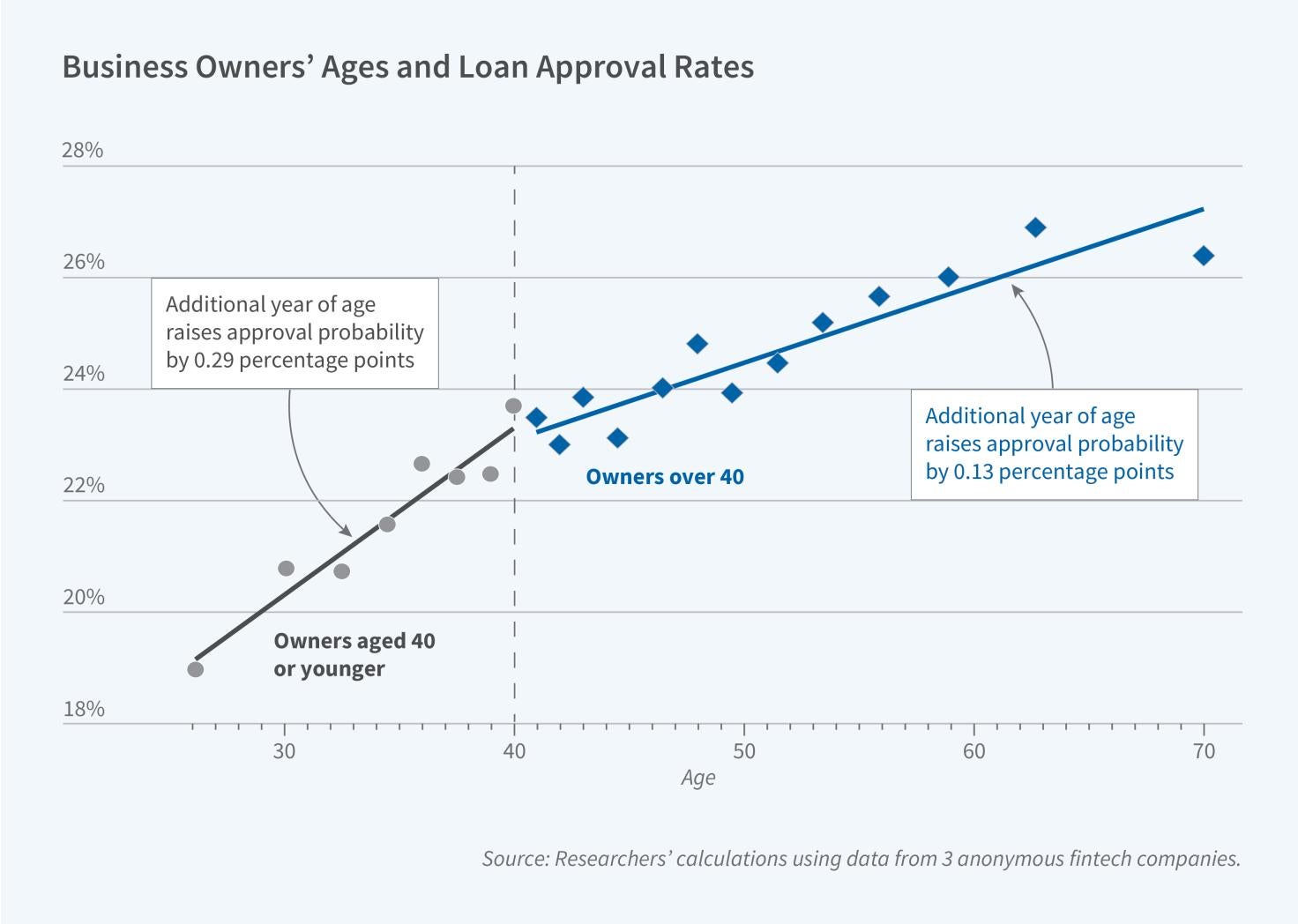National Bureau of Economic Research
Latest from the NBER
New Initiative on Social Return to R&D Investment
news article
Investments in research, development, and innovation are widely recognized as key drivers of long-term economic growth but estimates of the social rate of return on these investments vary substantially. To encourage research on this topic, sometimes called "The Griliches Question," the NBER has launched a five-year project that will be organized around the creation of a pop-up journal devoted to this issue. The project will be led by NBER affiliates Craig Garthwaite (Northwestern University) and Timothy Simcoe (Boston University). A steering committee of leading scholars and policy experts will help guide the project, which will host an…
A research summary from the monthly NBER Digest

Financial Reporting Practices and Firm Productivity
article
Why do seemingly identical firms produce such different outcomes? In US manufacturing, plants at the 90th percentile produce twice the output of those at the 10th percentile using the same inputs. This enormous productivity dispersion persists even after controlling for management quality, information technology (IT) adoption, and capital intensity. A missing piece of the puzzle: firms differ substantially in how they measure and report their economic activity. These differences matter. Financial reporting quality, defined as the rigor with which firms track, verify, and disclose their operations, explains as much productivity variation as management practices or information technology adoption. This operates through two channels: better information for managers and more accurate measurement for economists.
In Measurement Matters: Financial Reporting and Productivity (NBER Working Paper 34536), John M. Barrios, Brian C. Fujiy, Petro Lisowsky, and Michael Minnis exploit a unique,,,
From the NBER Reporter: Research, program, and conference summaries

The Risks and Rewards of Homeownership
article
The US government has long promoted homeownership through subsidies and tax incentives, viewing it as both socially beneficial and a primary pathway to individual wealth accumulation. For the middle class—those in roughly the middle three-fifths of the wealth distribution—housing wealth remains the most important source of financial security and net worth. Homeownership is also widely believed to provide access to better neighborhoods and higher-quality schools. Yet despite these advantages, homeownership entails significant risks. Homeowners are exposed to housing market downturns that can rapidly erode equity, as well as to income and employment shocks that can compromise their ability to meet mortgage obligations. Such disruptions can lead to delinquency and, in severe cases, the loss of one’s home. Although…
From the NBER Bulletin on Health

Pain Management and the Opioid Epidemic
article
Death rates due to drug poisonings began to surge in the US in the mid-1990s, marking the emergence of an epidemic that has persisted for three decades. The health consequences have been stark, with annual deaths exceeding 100,000 since 2021.
In Prescription for Disaster: The SSDI Rate, Pain, and Prescribing Practices (NBER Working Paper 34265), William N. Evans and Ethan M. J. Lieber examine characteristics of counties in 1990—prior to the surge—that predict the county-level severity of opioid deaths after 2000. After considering a wide range of potential determinants, they focus on one factor: the percentage of the working-age population...
From the NBER Bulletin on Entrepreneurship

Underwriting Based on Cash Flow Helps Younger Entrepreneurs Access Credit
article
Younger entrepreneurs are disadvantaged in small business loan markets because lenders rely heavily on personal credit scores, which favor long histories of repaying debt. In Modernizing Access to Credit for Younger Entrepreneurs: From FICO to Cash Flow (NBER Working Paper 33367), researchers Christopher M. Hair, Sabrina T. Howell, Mark J. Johnson, and Siena Matsumoto document this fact and show that younger entrepreneurs benefit from underwriting that augments personal credit scores (like FICO) with cash flow data. They analyze comprehensive…
Featured Working Papers
Data spanning the period 1836—2016 from six countries–China, France, Germany, Japan, the UK, and the US—show that that number of patent filings from a country is strongly correlated with its overall total factor productivity, Antonin Bergeaud, Ruveyda Nur Gozen, and John Van Reenen find.
Using a post-tax, post-transfer measure of income, Richard V. Burkhauser and Kevin Corinth find that from 1939 to 1963, the poverty rate in the US fell from 48.5 to 19.5 percent. The decline was driven almost entirely by increases in market income rather than government transfers.
The ACA Medicaid expansion increased federal transfers by $361 per capita in the average expansion-state county. These transfers flowed disproportionately to lower-income counties, demonstrating the program's redistributive effect, according to Laura Montenovo, Kosali I. Simon, and Coady Wing.
Both mentoring and an online portfolio-building program facilitated technology-sector transitions for women in Poland. The former raised tech employment by 15 percentage points, the latter by 11 points. Algorithmic targeting of participants to programs yielded outcomes 86 percent larger than random assignment, according to Susan Athey and Emil Palikot.
Zhuang Liu, Wenwei Peng, and Shaoda Wang find that students in China who plagiarized parts of their graduate dissertations, as measured by application of plagiarism-detection algorithms, are 15.6 percent more likely to enter public service than their classmates. Judges with histories of plagiarism issue rulings that are more favorable to powerful litigants and receive 18 percent more appeals.
In the News
Recent citations of NBER research in the media
_______________________________________
Research Projects
Conferences
Books & Chapters
Through a partnership with the University of Chicago Press, the NBER publishes the proceedings of four annual conferences as well as other research studies associated with NBER-based research projects.
Videos
Recordings of presentations, keynote addresses, and panel discussions at NBER conferences are available on the Videos page.




